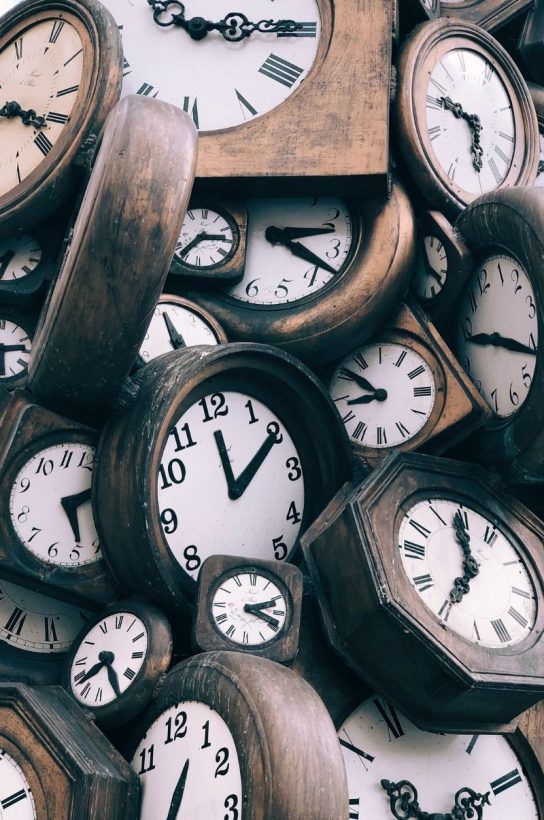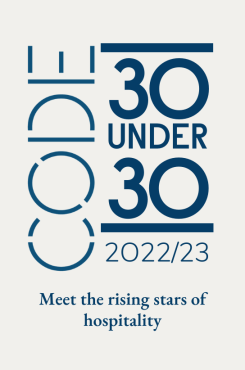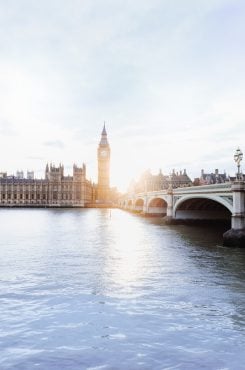CODE founder Adam Hyman wonders how we’ve gone from the Government supporting hospitality in August to penalising our industry in September
I turn 35 next week. The average life expectancy for a man in the UK is 79.2 years. Without sounding too morbid, I guess – give or take a few birthdays – that sort of puts me half-way through my life. We’re following the science after all now, aren’t we?
We go through life often getting told it’s too short, live for the moment and grasp every opportunity. As I boarded a very quiet Central Line train to come into the office amidst the week we got told about the hospitality curfew and that COVID cases are continuing to rise in the UK, I found myself thinking about the risks we take in life.
Would I call myself a risk-taker? Not particularly. I haven’t sky-dived, I haven’t bungee-jumped, but I cross central London streets multiple times a day, I drive a car, drink alcohol (most definitely too much) and am partial to the odd cigarette or two. But do I wake up every morning and think what are the chances all these things might kill me? Do I stop each morning and take stock that if I venture outside to live my life I may get hit by a Routemaster on my way to the Tube or be involved in a road accident. Of course not. If I thought like that, I would never leave my flat. Neither would you. We’d find ourselves in a self-imposed lockdown.
And yet look where we find ourselves pretty much bang on six months to the day that our Prime Minister initiated the first lockdown and ordered all hospitality businesses to close. Back then we were sailing unchartered waters and it’s probably fair to say nobody knew the answer to what this pesky virus was going to do to our nation. Was lockdown the right thing to do at the time? Without a doubt, yes. For that long? In my opinion, no. But half a year later we’ve learnt a lot. We know more, medical treatments have progressed and we can all see the damage the actions our government have caused to our livelihoods. Not only has it been a hammer blow to the economy but the mental health and well-being repercussions haven’t even started to bubble to the surface. The impact it has had on younger generations and their future is atrocious.
As of Thursday the hospitality industry was mandated by the government to shut up shop by 10pm. I don’t need to spell out the repercussions this has, especially as the latest figures highlighted that hospitality was only responsible for 5% of COVID transmissions. But once again we’re the easy target – the quick political win. Care homes, hospitals and workplaces are serious matters – restaurants, bars and cafes are not. We’re a lifestyle. People can do without that last drink for the road or a 9pm sitting. But the repercussions have not been thought through. Scenes from central London show the mass exodus into the streets and onto public transport once the clock strikes 10pm with a distinct lack of social distancing. Uber being the only winner with its ridiculous surcharge kicking in.
Why is life worth living? We may like our jobs but let’s face it, we’re social animals. We’re not designed to live isolated lives. Think back to your best times – I’m guessing they were with loved ones in restaurants, on holidays or in groups of more than six.
Thousands of night-time businesses have still not been allowed to reopen since lockdown. Twinned with event businesses and other catering businesses, the estimation is that 1 million people in hospitality will now lose their job at the end of October because the Government have decided they only want to support staff in viable businesses. How you can judge whether a business is viable even when it isn’t allowed to open is beyond me. The curfew rules may well be the final nail in the coffin.
The odds of catching COVID in England are 44 in 1 million. I’ll take those odds and will continue to carry on living as normal life as possible.
To read more industry insights and interviews, click here



